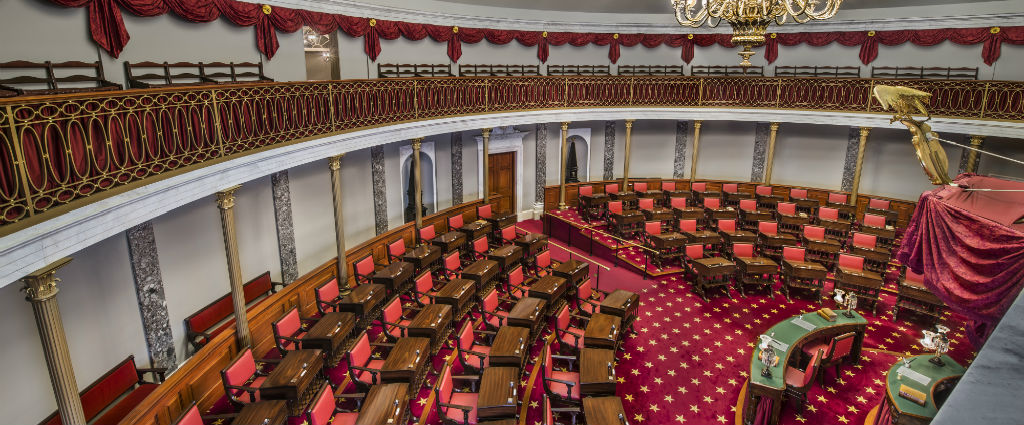This case is really getting to my heart – I haven’t become this spirited about an issue for quite some time. Michael Schiavo, Mrs. Schiavo’s husband, is allowing her to slowly die since he removed her feeding tube. So far, it’s been three days since she went off the tube. Her parents are desperately trying to save her life. President Bush and both houses of Congress have become involved.
Login to read more
Sign in or create a free account to access Subscriber-only content.
